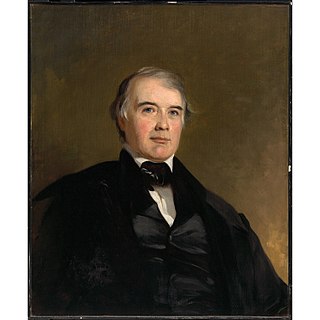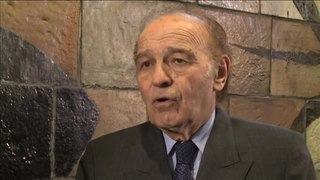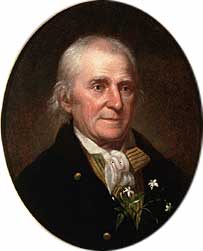Цитата Джорджа Сантаяны
Путешественник должен быть кем-то и откуда-то приходить, чтобы его определенный характер и моральные традиции могли служить органом и точкой сравнения для его наблюдений.
Связанные цитаты
В какой бы области жизни человек ни столкнулся с трудностями мужества, какие бы жертвы ни пришлось ему принести, если он будет следовать своей совести — потеря друзей, состояние, удовлетворенность, даже уважение окружающих, — каждый человек должен принять решение. для себя курс, который он будет следовать. Истории прошлого мужества могут определить этот ингредиент — они могут научить, они могут дать надежду, они могут вдохновить. Но они не могут обеспечить мужество само по себе. Для этого каждый человек должен заглянуть в свою душу.
Моральные абсолюты покоятся на Божьем характере. Нравственные заповеди, которые Он дал людям, являются выражением Его характера. Люди, сотворенные по Его образу, должны жить по собственному выбору на основании того, что есть Бог. Стандарты нравственности определяются тем, что соответствует Его характеру, а то, что не соответствует, безнравственно.
Все чудеса нашего Господа были неотъемлемой частью Его единой последовательной жизни. Они были созданы как свидетельство не только Его силы, но и Его милости. Они были во всем нравственны по своему характеру и духовны по целям, которые ставили перед собой. На самом деле они были воплощением всего Его характера; образцы всего Его учения, символы всей Его миссии.
Чтобы преподавать эффективно, учитель должен развить чувство своего предмета; он не может заставить своих учеников ощутить его жизненную силу, если он сам этого не чувствует. Он не может поделиться своим энтузиазмом, когда у него нет энтузиазма, которым он мог бы поделиться. То, как он излагает свою точку зрения, может быть столь же важным, как и сама мысль; он должен лично чувствовать, что это важно.
Тот, кто путешествует ради развлечения других, должен помнить, что величайшим объектом внимания является человеческая жизнь. Каждая нация имеет что-то особенное в своих мануфактурах, своих гениальных произведениях, своих лекарствах, своем сельском хозяйстве, своих обычаях и своей политике. Полезным Путешественником является только тот, кто приносит домой что-то полезное для своей страны; который обеспечивает некоторое восполнение нужды или некоторое смягчение зла, что может позволить его читателям сравнить свое положение с положением других, улучшить его, когда оно хуже, и всякий раз, когда лучше наслаждаться им.
Астроном в какой-то мере независим от своего коллеги-астронома; он может подождать в своей обсерватории, пока звезда, которую он хочет наблюдать, не подойдет к его меридиану; но наблюдения метеоролога ограничены очень ограниченным горизонтом, и он мало что может сделать без помощи многочисленных наблюдателей, обеспечивающих ему одновременные наблюдения на обширной территории.
Образ присутствия, что бы это ни было, ожидающего его ухода, - этот образ еще не был для его нервов столь конкретным, как тогда, когда он остановился, не дойдя до точки, в которой к нему должна была прийти уверенность. Ибо, со всей своей решимостью, или, точнее, со всем своим страхом, он остановился на мгновение - он отстранился от того, чтобы по-настоящему увидеть. Риск был слишком велик, а его страх слишком определенен: в этот момент он принял ужасную конкретную форму.
Мы должны нести войну в каждый уголок, который врагу посчастливилось занести, в его дом, в его центры развлечений: тотальную войну. Необходимо помешать ему иметь момент покоя, тихий момент вне его барака или даже внутри; мы должны атаковать его, где бы он ни был, заставить его чувствовать себя загнанным зверем, куда бы он ни двинулся. Тогда его нравственные устои начнут приходить в упадок, но мы заметим, как начнут исчезать признаки упадка.
Он не знаменит. Может быть, его никогда и не будет. Может быть, когда его жизнь подойдет к концу, он оставит не больше следов своего пребывания на земле, чем камень, брошенный в реку, оставляет на поверхности воды. Но может случиться так, что образ жизни, который он выбрал для себя, и особая сила и мягкость его характера могут иметь все возрастающее влияние на его ближних, так что, возможно, спустя много времени после его смерти, можно будет осознать, что жило в этом веке очень замечательное существо.







































